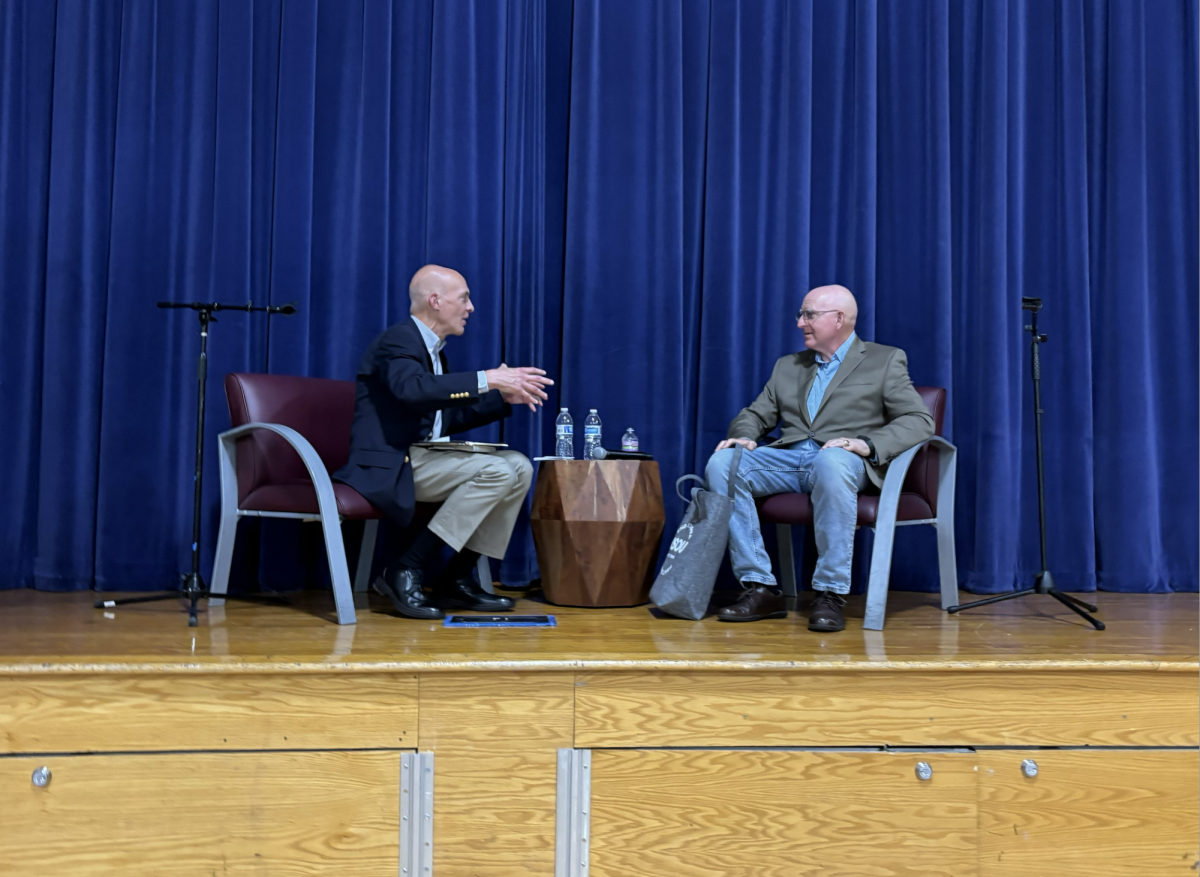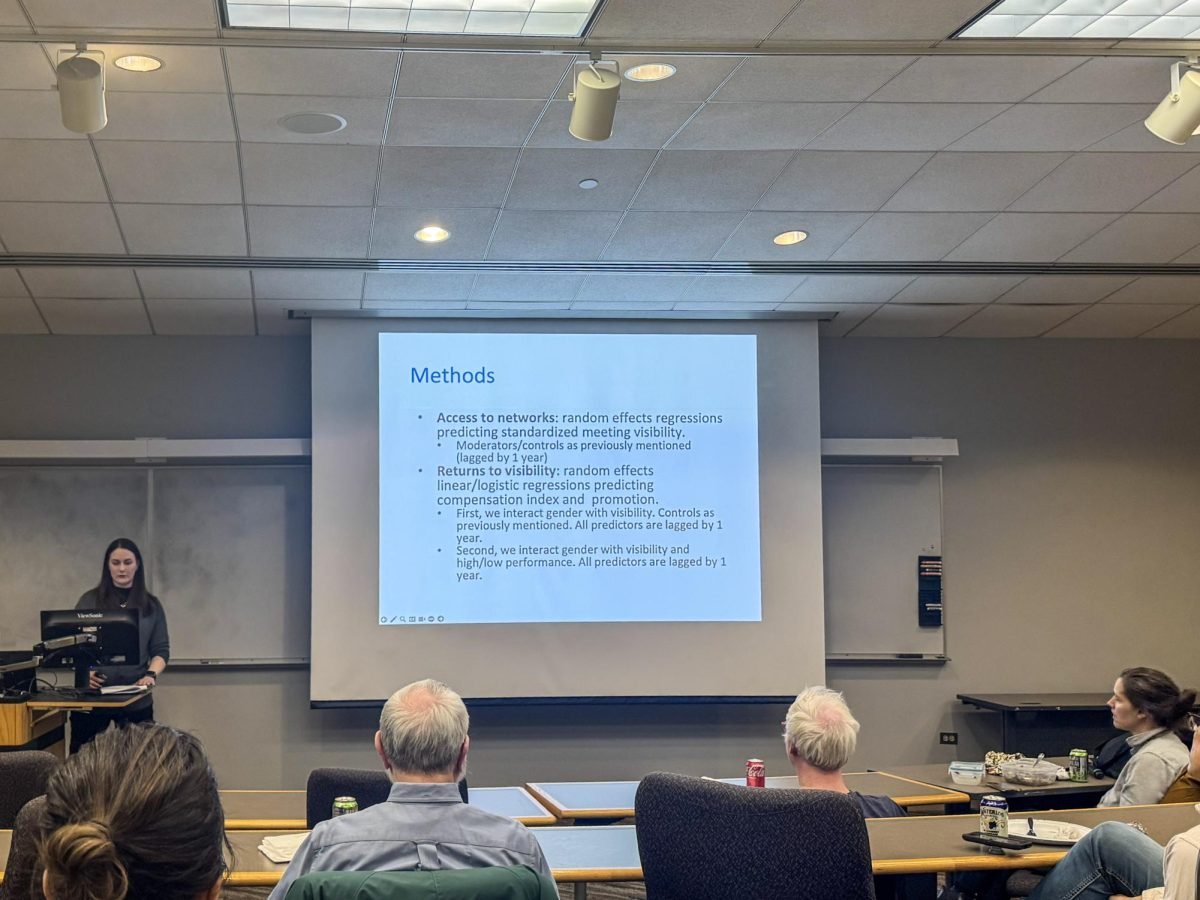Twenty years after commanding more than 10,000 soldiers in Iraq, two-star Maj. Gen. Gregg F. Martin is leading a new battle — recruiting for the war on the stigma of mental illness.
Martin spoke on Sunday at Evanston’s Levy Senior Center in an event co-hosted by No Shame on U, a Chicago-based mental health advocacy organization. The free event featured an informational mental health activities fair led by the organization’s Teen Leadership Board.
Holding an event run by teenagers in the senior center bridges the gap between these groups’ discussions, said Wendy Singer, the executive director of No Shame on U.
“With the uprise of mental health issues and conversations in the younger generation, I think it’s important to educate older people, so they can better understand themselves too,” said Mia Ahitow, a Teen Leadership Board member.
Martin said he discovered he had bipolar disorder at 58 years old. His sons had already been diagnosed, and he was becoming familiar with the condition, he added.
For the first four decades of his life, Martin said he was happy and successful. His two master’s degrees and Ph.D. from MIT are just some of his decorated accomplishments. He quickly moved through the ranks of the military and was known for his high energy and drive.
He later discovered his elevated enthusiasm was a symptom of hyperthymia — a near-constant state of mild mania.
For most of Martin’s life, this condition was the superpower that fueled his success, he said. But his genetic predisposition for bipolar disorder was triggered in 2003 when he led the 130th Engineer Brigade into Iraq.
As the stress and dangers of war increased, so did his euphoria, he said. He became energetic and risky, feeling so exhilarated by the war that he didn’t sleep. His mania was passing a threshold.
He became paranoid and started to have hallucinations.
When Martin left Iraq, he experienced his first crashing depression, he said.
“If you’ve ever seen a wrecking ball, that’s what bipolar is,” he said.
For the next 11 years, his highs became higher and his lows lower. His post-traumatic stress disorder combined with his mania, producing an ultra-realistic psychosis of his time in Iraq. He couldn’t sleep for months at a time, and he was becoming erratic and disruptive, he said
Martin was called into a top military official’s office after 36 years of service. He was told that he had to resign, or he would be fired. He was also ordered to undergo a psychiatric evaluation, though his accomplishments disguised his mental illness — and he was deemed fit for service.
Martin said he fought with his undiagnosed mental illness as his own sons dealt with their bipolar diagnoses. He became more familiar with the disorder as he researched it to support his sons.
In 2014, Martin was finally diagnosed. He felt immense relief, he said, though he continued to struggle.
“I knew there was something wrong with me but I didn’t know what it was,” Martin said. “But now I do. I have a target with a face on it that I can battle.”
Martin began his road to recovery and started taking lithium, which has helped manage his mental health, he said.
Since then, he’s been sharing his story in events throughout the country and in his newly published book, “Bipolar General: My Forever War with Mental Illness,” to teach people about the condition and destigmatize mental illness.
All it takes is conversations and education about mental health, Singer said.
“People who come to our events can tell their friends his story, which creates a ripple effect and fights stigma,” Singer said.
Email: naomitaxay2027@u.northwestern.edu
Related Stories:
— Speak Your Mind: Active Minds’ Stigma Panel facilitates conversation about mental health
— NU suicide prevention club aims to bring awareness, support for mental health on campus



















